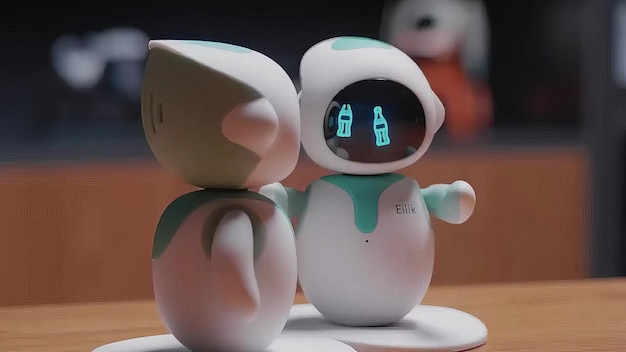
Stay updated with our daily and weekly newsletters for the latest in industry-leading AI coverage and exclusive content.
Anthropic, a big player in generative AI, argued on Wednesday that the copyright infringement accusations from a group of music publishers and content owners are not valid. In late 2023, music publishers such as Concord, Universal, and ABKCO sued Anthropic, accusing it of copyright infringement related to their chatbot, Claude (now replaced by Claude 2). The lawsuit, filed in a Tennessee federal court (known for its vibrant music scene), claims that Anthropic illegally scraped song lyrics from the internet to train its AI models, which then reproduced these lyrics in chatbot responses.
In response to a motion for a preliminary injunction—which would stop Anthropic from making Claude available—Anthropic presented arguments that have been common in many AI-related copyright disputes. Companies like Anthropic and OpenAI often use large amounts of publicly available data, including copyrighted material, to train their models, and they argue this falls under “fair use.” It’s anticipated that the issue of data scraping and copyright will eventually reach the Supreme Court.
Anthropic emphasized that lyrics comprise only a tiny portion of their training data. They argue that their use of plaintiffs’ lyrics to train Claude is considered “transformative use,” adding a new purpose to the original works. To support this, Jared Kaplan, Anthropic’s research director, explained that the goal is to create a dataset that helps teach AI how human language works.
Anthropic believes their actions don’t harm the legitimate market for the plaintiffs’ copyrighted works since song lyrics form a minuscule fraction of their training data. They argue that licensing such vast amounts of text for training purposes is neither practical nor financially viable, a belief shared by OpenAI. They also claim that the plaintiffs, not Anthropic, are responsible for any direct infringement because the AI model’s infringing outputs were prompted by the plaintiffs’ own actions designed to trigger the chatbot.
Anthropic further contends that the plaintiffs cannot prove “irreparable harm,” noting there’s no evidence that song licensing revenues have dropped or that any damages are immediate and certain. Anthropic highlights that the publishers themselves believe monetary compensation could remedy the situation, undermining their own claims of irreparable harm.
Anthropic argues the injunction is unwarranted given the weak evidence of harm. They point out that any output of lyrics by Claude was unintentional and has been addressed through new technological safeguards. They also note the plaintiffs’ request is overly broad, aiming to restrain use beyond the 500 works cited in the case to millions of others.
They also contested the jurisdiction, stating the lawsuit was wrongly filed in Tennessee as none of the alleged infringing activities took place there, and their operations are based in California. Users of Anthropic’s products agreed to resolve disputes in California courts.
The battle over copyright in the generative AI industry is heating up. More artists have joined lawsuits against AI art generators like Midjourney and OpenAI’s DALL-E model, adding to the evidence of infringement. Recently, The New York Times filed a copyright infringement lawsuit against OpenAI and Microsoft, alleging unauthorized use of Times content to train their AI models, seeking billions in damages and the destruction of any models trained on Times content.
Amid these disputes, a group called “Fairly Trained” launched to advocate for a “licensed model” certification for AI training data, supported by companies like Concord and Universal Music Group. Other platforms, including Anthropic, Google, and OpenAI, along with companies like Shutterstock and Adobe, are committing to legal defenses for enterprise users of AI-generated content.
Despite these challenges, creators continue to push back against efforts to dismiss claims, such as those from author Sarah Silverman against OpenAI. Courts will need to balance technological progress with statutory rights in these complex disputes. Regulators are also paying attention to concerns over data mining practices, and future lawsuits and congressional hearings may shape the definition of fair use regarding proprietary content.
The situation remains fluid, but current filings suggest that generative AI companies are aligning around key fair use and harm-based defenses, prompting courts to balance technological advancement with the rights of content owners. So far, no copyright plaintiffs have succeeded in obtaining a preliminary injunction in these AI disputes. Anthropic’s arguments aim to maintain this trend, at least for now, in the ongoing legal battles. The ultimate outcome remains uncertain.
Stay informed! Get the latest news delivered to your inbox daily.